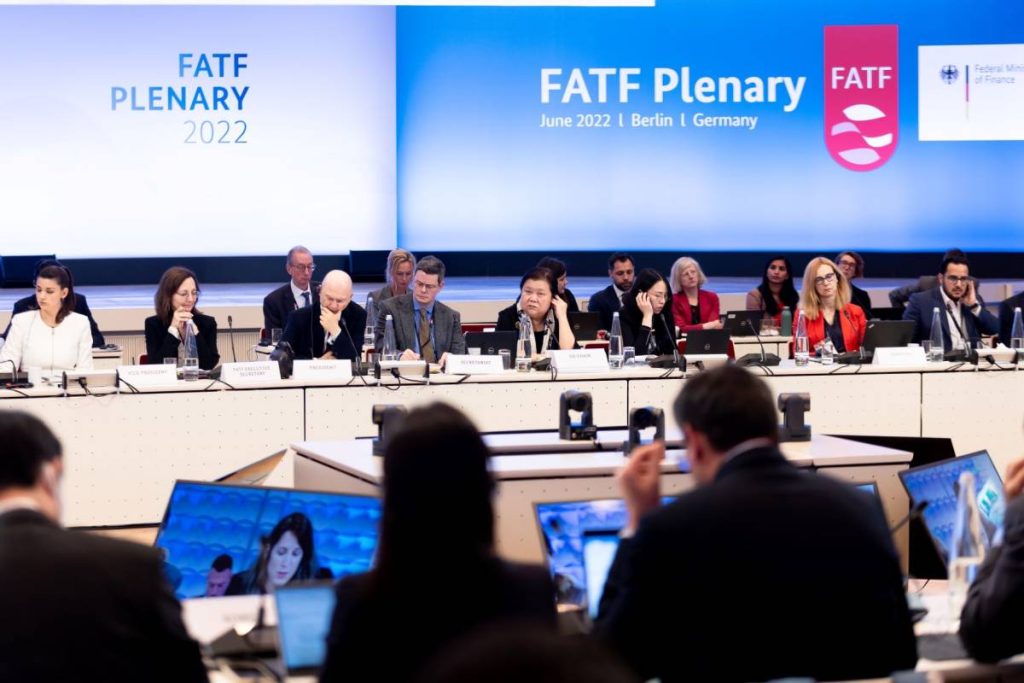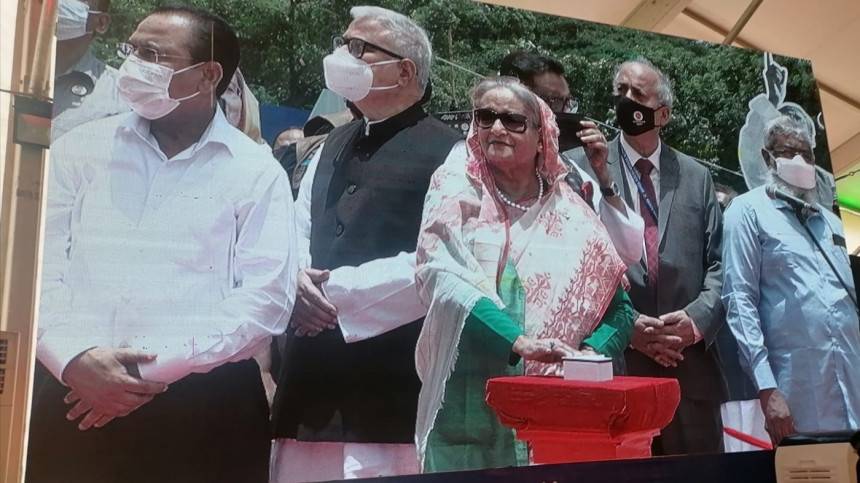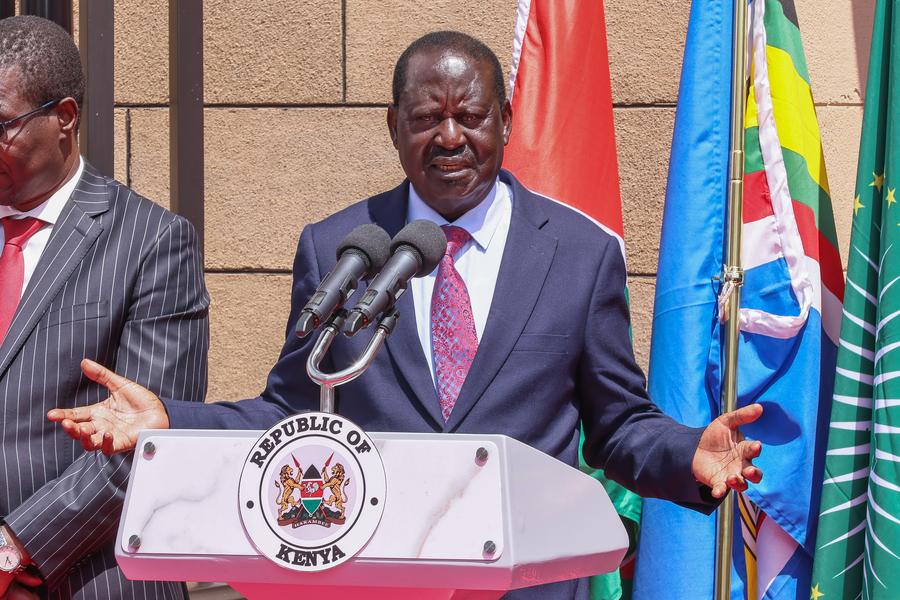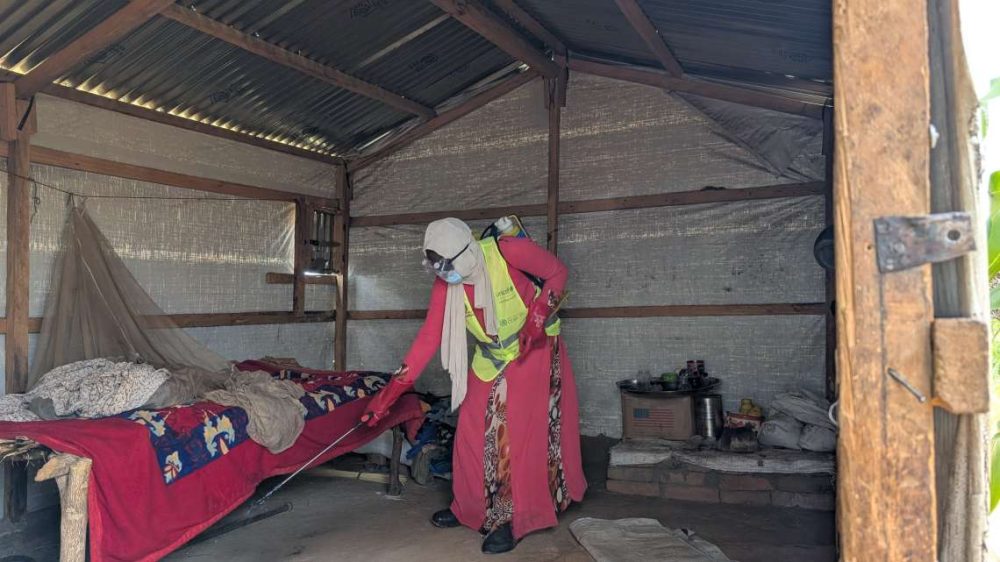Pakistani authorities, had in the past claimed Sajid Majeed Mir had died, but Western countries remained unconvinced and demanded proofs of his death, reports Asian Lite News
As Pakistani officials ticked items off their to-do list for submission of report to the Financial Action Task Force (FATF) on the implementation of the action plan for getting out of its ‘grey list’, something that strengthened their case was the conviction and sentencing of top Lashkar-e-Taiba (LeT) terrorist and 26/11 Mumbai attacks’ handler Sajid Majeed Mir.
Mir, 44, was sentenced by an anti-terrorism court in Lahore, in the first week of this month, to 15 and a half years in jail after convicting him in a terror financing case, Dawn reported.
He was also fined 420,000 PKR and is currently serving sentence in Lahore’s Kot Lakhpat Jail.
It all happened so quietly that no one came to know about such an important court verdict in such a high-profile case, except for a very brief report in one of the newspapers, which too could not attract attention, according to a source.
His detention, which apparently took place in later part of April, was also kept away from media’s prying eyes, reports Dawn news.
Pakistani authorities, had in the past claimed he had died, but Western countries remained unconvinced and demanded proofs of his death.
This issue rather became a major sticking point in FATF’s assessment of Pakistan’s progress on the action plan late last year.
This was where things finally started moving in Mir’s case leading to his “arrest”.

His conviction and sentencing were, therefore, major achievements that Pakistani officials showcased in their progress report given to FATF on its action plan during the latest plenary, Dawn reported.
It indeed helped in convincing FATF members that Pakistan had finished all the required tasks.
Weak prosecution and poor conviction rate of terrorists were major shortcomings that had all along hampered Pakistan’s exit from the grey list.
ALSO READ: Pakistan one step away from exiting FATF grey list














